Polystyrene (PS) G1551, G1461, G1161 in Iran
Polystyrene is a synthetic polymer made from monomer styrene. It is a rigid, transparent, and lightweight plastic that is commonly used in packaging materials, insulation, disposable cups and containers, and toys. Polystyrene can be produced in two forms: solid (commonly used for packaging) and foam (used for insulation and cushioning).
What is Polystyrene (PS)?
Polystyrene is an inexpensive material that is easy to manufacture and mold into different shapes. It has good insulation properties, making it an ideal material for use in building insulation and packaging materials. However, polystyrene is not biodegradable and can take hundreds of years to decompose, which has led to concerns about its impact on the environment.
Application of polystyrene
Polystyrene foam is often used as a cushioning material for fragile items during shipping because of its ability to absorb shock. It is also used in disposable food containers because it is lightweight, inexpensive, and can be easily molded into different shapes. However, there are concerns about the potential health risks associated with using polystyrene in food packaging.
In summary, polystyrene is a synthetic polymer made from monomer styrene that is commonly used in packaging materials, insulation, disposable cups and containers, and toys due to its low cost and ease of manufacturing. However, its impact on the environment and potential health risks have raised concerns about its use.
What is Polystyrene (PS) G1551 and its usage in the industry?
Polystyrene G1551 is a type of polystyrene resin that is commonly used in the manufacturing of consumer goods, such as toys, electronic components, and food packaging. It is a thermoplastic material that is known for its high strength, rigidity, and resistance to impact and moisture.
Polystyrene G1551 is a copolymer of styrene and acrylonitrile, which gives it its unique properties. It is typically produced through a process called suspension polymerization, which involves the dispersion of small particles of the polymer in water. The resulting product is a fine powder or beads that can be molded into various shapes and sizes.
One of the key advantages of this plastic is its versatility. It can be easily molded into different shapes and sizes to suit a wide range of applications. Additionally, it can be colored or painted to match specific requirements. Its high strength and rigidity make it ideal for use in products that require durability and stability.
Another advantage of Polystyrene G1551 is its low cost. It is one of the most affordable thermoplastics available on the market today, making it an attractive option for manufacturers looking to reduce costs without sacrificing quality.
However, there are also some disadvantages to using this material. One of the main concerns is its impact on the environment. Polystyrene is not biodegradable and can take hundreds of years to decompose. This has led to increased scrutiny over its use in food packaging and other disposable products.
In conclusion, Polystyrene G1551 is a versatile and cost-effective thermoplastic material that is commonly used in a wide range of consumer goods. While it offers many advantages in terms of strength, rigidity, and affordability, there are also concerns over its environmental impact.
What is Polystyrene (PS) G1461 and its usage in the industry?
Polystyrene G1461 is a type of polystyrene resin that is commonly used in the production of packaging materials, disposable cutlery, and other consumer goods. It is a thermoplastic polymer that is made from styrene monomers through a process known as polymerization.
Polystyrene G1461 is known for its high impact strength, dimensional stability, and resistance to moisture and chemicals. It has a low melting point, making it easy to process using various molding techniques, such as injection molding and extrusion.
The properties of Polystyrene G1461 make it an ideal material for use in the food packaging industry. It is lightweight, durable, and can be easily formed into different shapes and sizes. Additionally, it is resistant to grease and oil, which makes it suitable for use in fast-food restaurants and other food service establishments.
However, this material has been the subject of controversy due to its environmental impact. It is not biodegradable and can persist in the environment for hundreds of years. When disposed of improperly, it can contribute to litter and marine pollution. As a result, there have been efforts to ban or restrict the use of polystyrene foam products in some cities and states.
In conclusion, Polystyrene G1461 is a type of polystyrene resin that is commonly used in packaging materials and consumer goods due to its high impact strength, dimensional stability, and resistance to moisture and chemicals. However, its environmental impact has raised concerns, leading to efforts to restrict its use in some areas.
What is Polystyrene (PS) G1161 and its usage in the industry?
Polystyrene G1161 is a type of polystyrene resin that is commonly used in the manufacturing of disposable plastic products such as cups, plates, and cutlery. It is a thermoplastic polymer that is derived from styrene monomer and is known for its lightweight, rigid, and durable properties.
This material is produced through a process called suspension polymerization, which involves the dispersion of styrene monomer in water with the use of surfactants and initiators. The resulting polymer beads are then washed, dried, and processed into various forms such as pellets or sheets.
One of the main advantages of Polystyrene G1161 is its low cost and ease of processing. It can be easily molded into different shapes and sizes using various techniques such as injection molding, extrusion, or thermoforming. It also has good chemical resistance and electrical insulation properties.
However, this material has been a subject of controversy due to its environmental impact. It is not biodegradable and can persist in the environment for hundreds of years. When disposed of improperly, it can contribute to litter and marine pollution. Additionally, there are concerns about the potential health effects of exposure to styrene monomer during the manufacturing process.
Polystyrene G1161 is a widely used polystyrene resin that has both advantages and disadvantages. While it offers low cost and easy processing, its environmental impact and potential health effects should be taken into consideration.
The production of Polystyrene (PS) in Iran
The Iranian polystyrene (PS) industry has seen significant growth during the past decade.
A recent report from the Iranian Ministry of Industries, Mining, and Trade indicates that Iranian petrochemical units produced 236,400 tons of polystyrene between March 20, 2017, and December 21, 2017.
As compared with the previous year’s 9-month period, this figure is 45 percent higher than the current year’s 9-month period.
Several million tons of polystyrene are produced worldwide each year, making it one of the most widely used plastics. There are many uses for this type of plastic, including disposable plastic cutlery and dinnerware, CD “jewel” cases, license plate frames, model assembly kits, and many other products that require rigid and economic plastic.
In the first nine months of the current fiscal year, Iran produced 4.985 million tons of polymer, an increase of 12.5% over the previous year.
At present, the Islamic Republic is capable of producing 7.4 million tons of polymers annually.
According to Iran’s 6th five-year development plan, the country’s polymer output is expected to reach 15 million tons by 2024.
Please do not hesitate to contact Iran Petroleum if you want to purchase Polystyrene (PS) G1551, G1461, and G1161 at the best price from Iran.

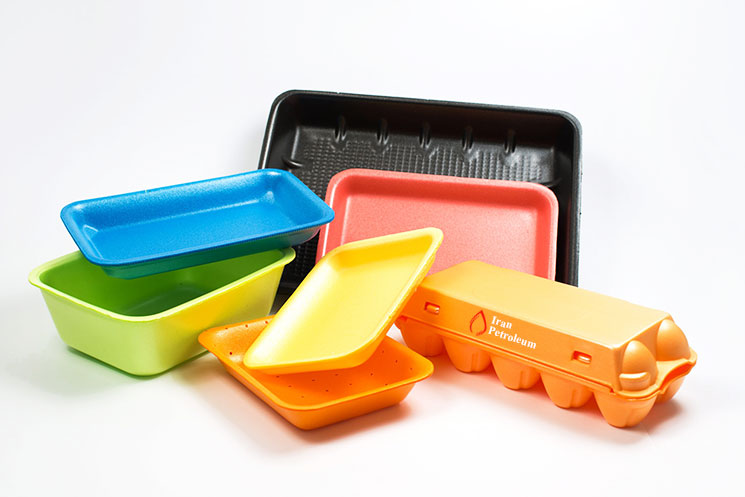
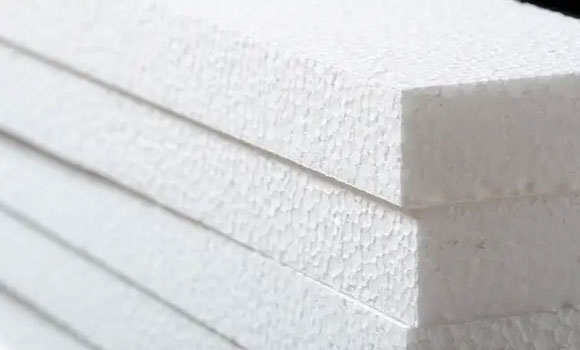
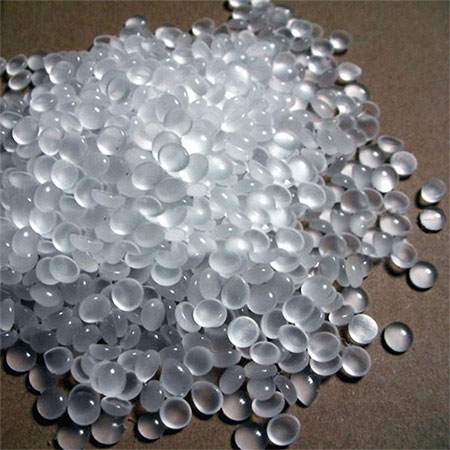
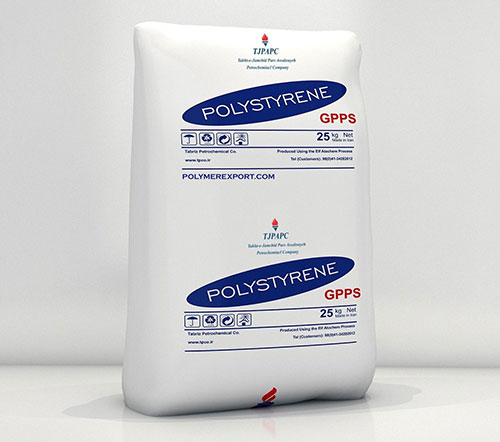
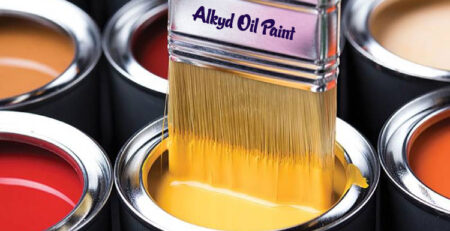
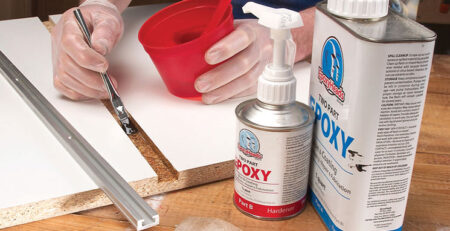
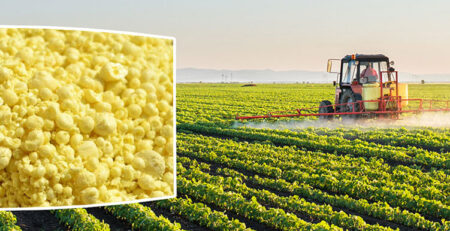

Leave a Reply